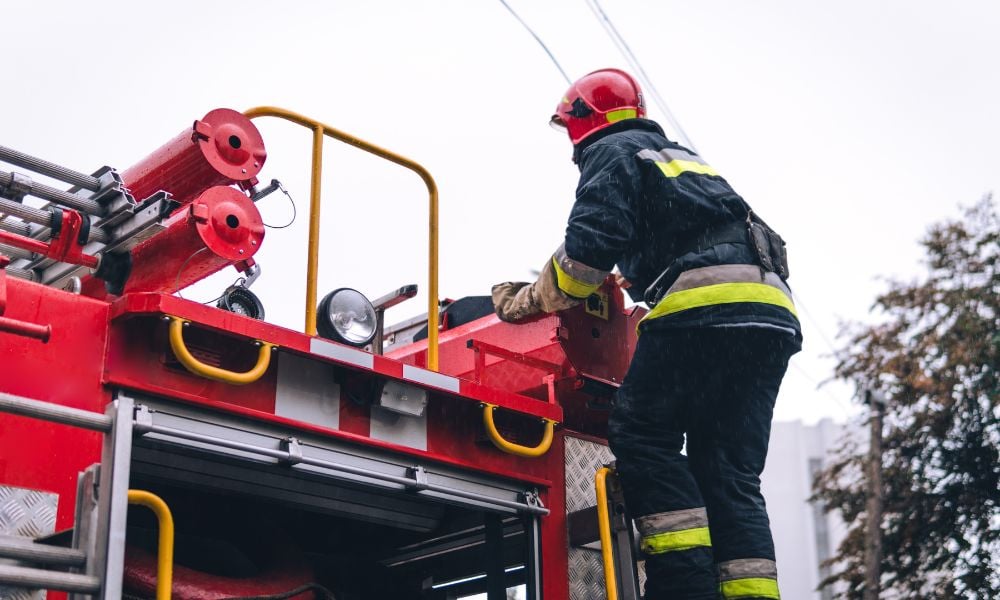‘We expected to see heightened anxiety and depression during this pandemic, but we didn’t expect to see levels this high’

Sixty per cent of healthcare workers in Canada reported anxiety at levels surpassing an accepted threshold for clinical screening for the condition, and this is most prevalent among those whose needs for personal protective equipment have not been met, according to a new report.
“We expected to see heightened anxiety and depression during this pandemic, but we didn’t expect to see levels this high,” said lead researcher John Oudyk. “What’s notable is that, if PPE protection and infection control policies and practices are adequate, then this mental health burden can be reduced.”
The Healthcare Worker Pandemic Experience survey asked healthcare workers about their need for, and access to, a range of PPE, such as gloves, gowns, eye protection, face shields, surgical masks, N95 masks and respirators. It found that only 18 per cent of workers said all their PPE needs were met and 35 per cent said more than half their needs were met.
However, 38 per cent said less than half their needs were met while the remaining eight per cent said none of their PPE needs were met, found the survey of 4,000 workers conducted in April.
Those reporting none of their PPE needs were met were the most anxious, with 65 per cent reporting anxiety levels higher than the cut-off score of 3, found the survey. In comparison, among the respondents who said all their PPE needs were met, only 43 per cent scored higher than 3.
A similar pattern was seen for depression: 38 per cent of responding healthcare workers who had all their PPE needs met reported depression scores higher than 3 compared to 56 per cent of those who said none of their PPE needs were met.
The researchers also asked healthcare workers about nine policies and practices related to COVID-19 prevention, including patient-screening policies, house-cleaning practices, and the use of masks for symptomatic patients.
Less than one in five (16 per cent) said the policies and practices at their workplaces met all their needs, 39 per cent had more than half their needs met, 30 per cent had less than half their needs met and 12 per cent had none of their needs met.
Anxiety levels also increased as workers reported inadequate COVID-19 policies and practices, but less steeply, according to the survey conducted by the Occupational Health Clinic for Ontario Workers (OHCOW) with analytical support from Institute for Work & Health (IWH) Scientific Co-Director Dr. Peter Smith.
British trade union Prospect has also previously released a study showing that many female workers continue to struggle with ill-fitting PPE.





